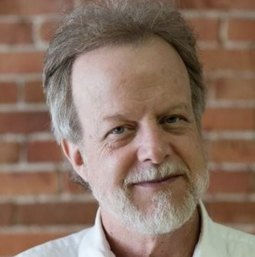
Defend Our Health has just released an innovative study, Hidden Hazards: The Chemical Footprint of a Plastic Bottle, which illustrates the comprehensive cost of a plastic bottle, from creation to waste. Many of the dangerous chemicals used to make PET plastic bottles are either migrating out of the bottle into the food and beverages they contain, or are polluting the waterways upstream, where the plastic is produced.
Belliveau doesn't despair because he sees solutions. He says, "There's a better way of doing things, so let's put those in place. We have an obligation to future generations to make a difference."
Play audio, below:
| wmw038_mike_belliveau_podcast_052223.mp3 |
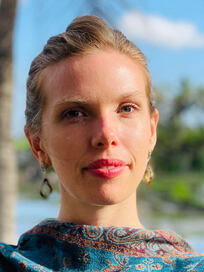
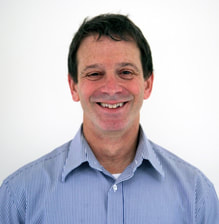
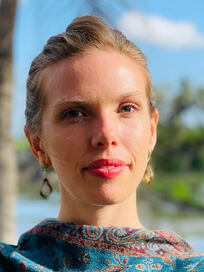
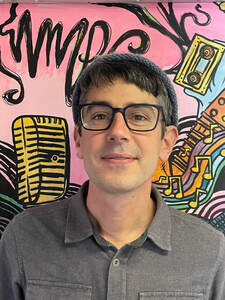

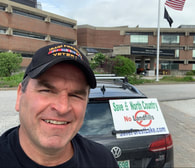
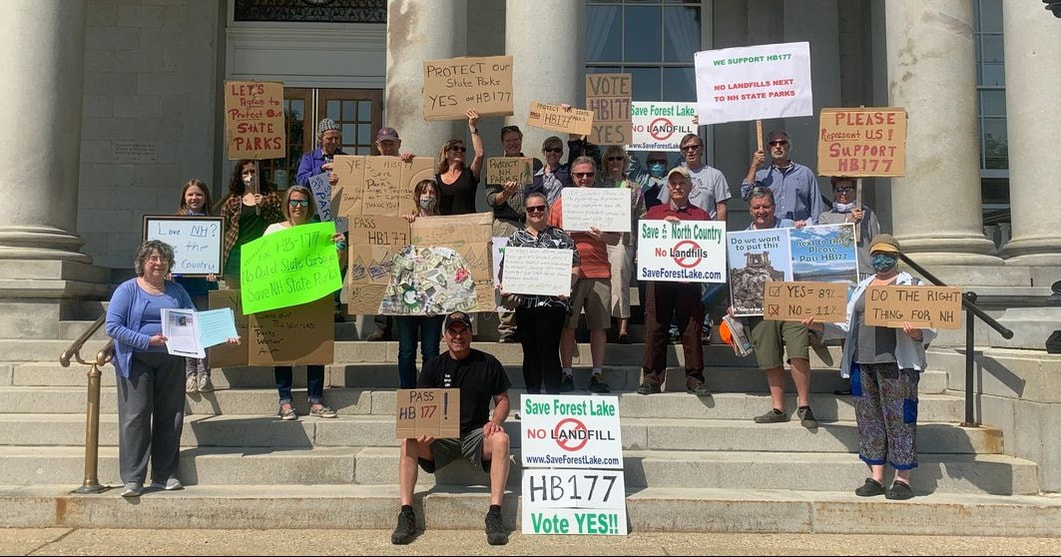
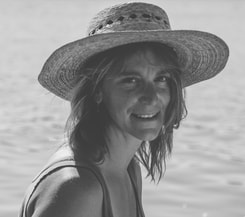
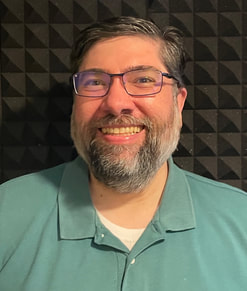
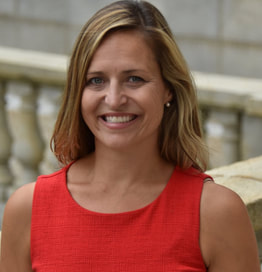
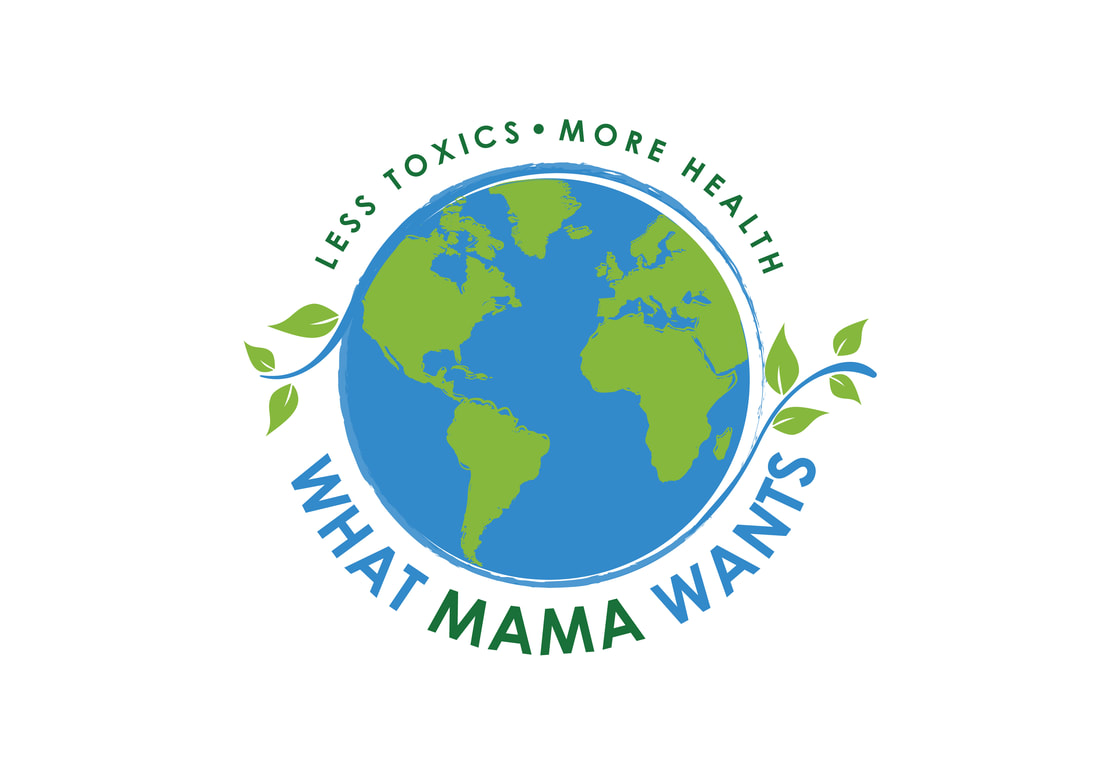
 RSS Feed
RSS Feed